Hit crime drama Peaky Blinders has finally made Birmingham look cool
ONCE the butt of jokes and derogatory stereotypes, there’s no doubt hit TV show Peaky Blinders has made Britain’s second city finally look cool.
FROM the moment the dark, haunting theme tune Red Right Hand by Nick Cave and the Bad Seeds starts up, you’re swept into a world of bad men, strong women, grim landscapes and hard liquor.
Series four of glitzy BBC Two drama Peaky Blinders starts after the majority of central character Tommy Shelby’s family has been arrested for various crimes — murder, manslaughter, blowing up a train — with each facing the gallows.
Set in the Birmingham town of Small Heath during the Roaring Twenties, Peaky Blinders follows the story of crime family, the Shelbys, some who are scarred by the horrors they witnessed on the battlefields of Northern France in WWI.
It delves into complex storylines of the Shelby’s criminal enterprise — hidden under the guise of the bookie trade — the tentacles of which stretch to unscrupulous Cockney gangsters, exiled Russian aristocrats and even as high up as then Prime Minister Winston Churchill.
Featuring acclaimed actors Cillian Murphy as Tommy Shelby, leader of the Peaky Blinders, Tom Hardy as Jewish gang boss Alfie Solomons, Helen McCrory as Shelby family matriarch Aunty Polly and Sam Neill as Inspector Campbell, the series has been a worldwide hit.
Peaky Blinders creator Steven Knight, a Brummie himself, said the show was based on stories told to him by his parents, who grew up in Small Heath in the 1920s when his mum was a runner for illegal bookmakers at the age of nine or 10.
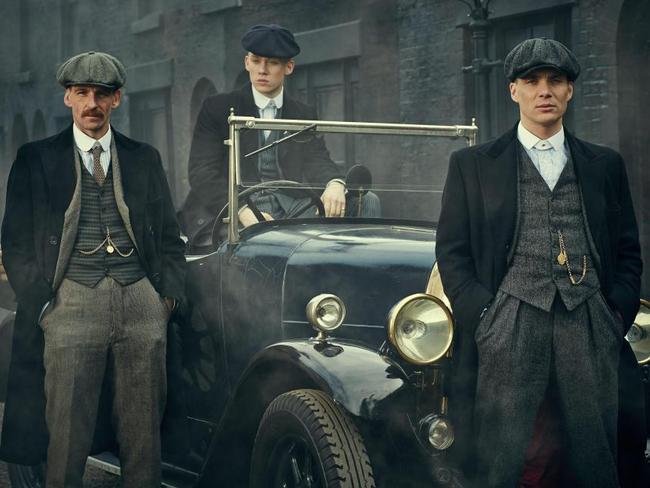
Backstreet bookies often used children who aroused less suspicion and Knight’s mum would walk down the street with a washing basket allowing locals to drop their bet — usually a sixpence wrapped in a piece of paper inscribed with a horse’s name — into it.
“When my mum was growing up, all you could hear, 24 hours a day, was bang-bang, the thump of the steam hammers and the smell and the smoke — the air was green sometimes,” he told The Guardian.
“I wanted to keep all that in the program but also tell the story as it was told to me as a kid, so everything is bigger — the horses are massive, the Garrison, a real pub and it’s terrible, but in the memory it is a huge saloon.
“It’s imagining how Birmingham looked then — it was smoky, it was dark, it was noisy, a lot of flames. It was like hell.”
While Tommy’s character is fictionalised, historian Professor Carl Chinn, author of The Real Peaky Blinders, said characters in the show are based on a brutal gang of thugs known as the Brummagem Boys.
In his book, Professor Chinn said the character of Billy Kimber, played by Charlie Creed-Miles who featured as a racing kingpin in the first series of Peaky Blinders, was “a man not to be crossed”.
“Tall, powerfully built, strong and charismatic, he feared no man but many men feared him,” he wrote. “A tough fighter himself, he was the key figure in a group of vicious and frightening thugs ...
“Drawn from across the city, these were not teenage hooligans; rather they were dangerous men who had long led lives dominated by fighting, pickpocketing and intimidation.
“In the brief boom that followed the end of the First World War, this Birmingham Gang controlled protection rackets on the racecourses of England and made huge sums of money.”
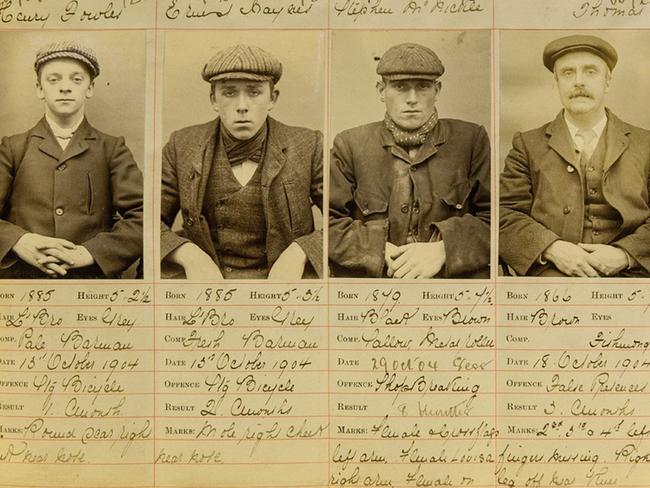
Professor Chinn said the gang’s origins lay in the 1870s while the phrase “peaky blinder” was coined two decades later near the Rainbow pub in Small Heath after a brutal attack on a local who refused an alcoholic beverage. The term has been attributed to their weapon — razor blades sewn into the peak of their flatcaps which were slashed across the foreheads of their opponents, causing blood to pour into their eyes and blind them.
But, according to Professor Chinn, it was unlikely the gang actually had razor blades stitched into their hats as they would have been a luxury item and, at the time, unaffordable for a gang of ruthless ruffians such as the Peaky Blinders. Instead the term probably refered to their peaked caps, he said.
Knight, who disputes claims the Peaky Blinders had died out by the late-1890s, said he set the show in the 1920s when the local Birmingham gang was the Sheldons, a name he changed to Shelby.
Whichever version of history you choose to believe, one thing is certain. Thanks to Peaky Blinders, coming from Birmingham is now cool. Possibly for the first time ever.
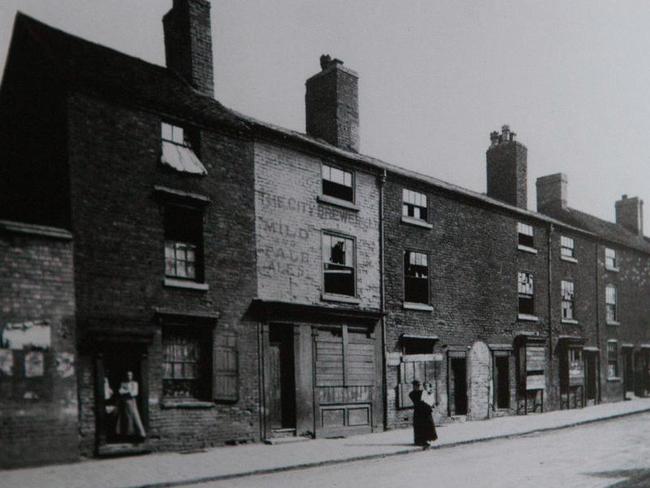
Once the butt of jokes and derogatory stereotypes backed by “research” undertaken by university academics who claim people associate a Brummie accent with low intellect and criminal impulses, Peaky Blinders has brought Britain’s second largest city into the global spotlight. Millions of people across the world have embraced a city — warts and all — that for years has been belittled and dismissed.
They are interested in hearing stories about the city, affectionately known as the “heart of England”, which was a dirty, noisy hotbed of manufacturing in 18th century Britain and a powerhouse during the Industrial Revolution.
Now boasting a population of more than 1.1 million, Birmingham evolved from a small 7th century Anglo Saxon hamlet and was listed in the Domesday Book in 1086 as being worth 20 shillings.
Back then, it was owned by landholder William Fitz-Ansculf, a Norman who had settled in England before the conquest two decades earlier, and was the poorest and least populated manor in Warwickshire.
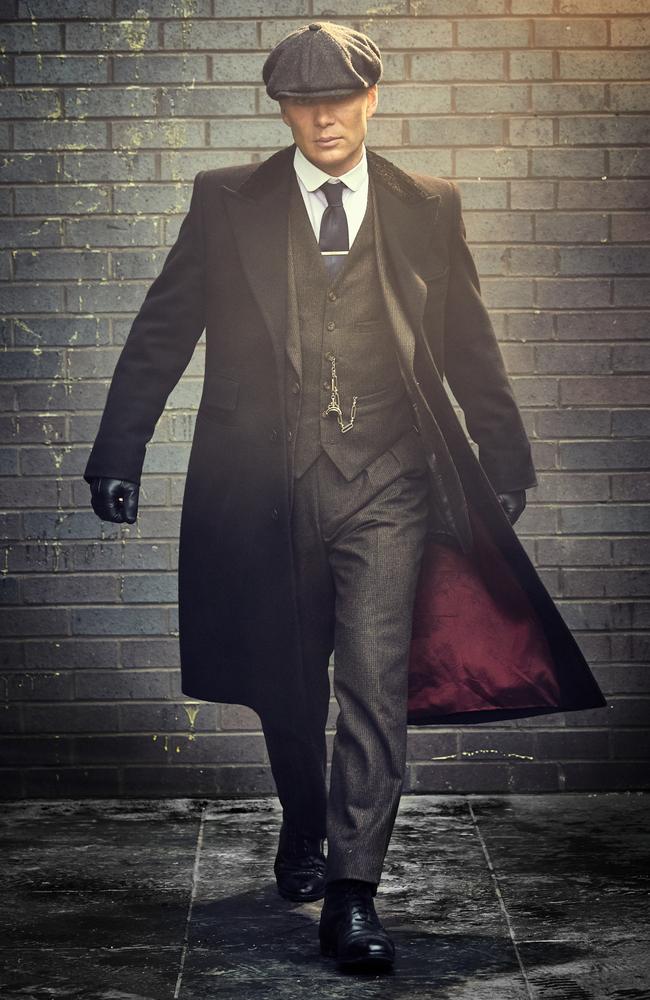
By the 16th century, Birmingham was a crucial part of Britain’s metal working industry and became a major player in manufacturing and trade — helped along by 18th century engineer James Brindley who designed a network of canals connecting it with other centres.
Featuring heavily in Peaky Blinders, England’s canal network is synonymous with the Midlands and was used to transport materials, coal and trade with other parts of Britain.
By the early 20th century, Birmingham had become known as the “city of a thousand trades”.
While many of the scenes in the TV show are filmed in Leeds, Bradford and Liverpool, much of the shooting took place at the Black Country Living Museum in nearby Dudley which recreates the region’s industrial landscape of 300 years ago.
For those who want to get closer to the action, Peaky Tours offers a taste of the “crime-ridden streets, gangland warfare, poverty, desperation and murder” that took place on the streets of Birmingham in the 1800s and early 1900s.
Professor Chinn leads the walking tour, taking visitors to the places where the Peaky Blinders used to “ply their shadowy trade” and recounts the history of the real Brummie gangs that terrorised the English racecourses.
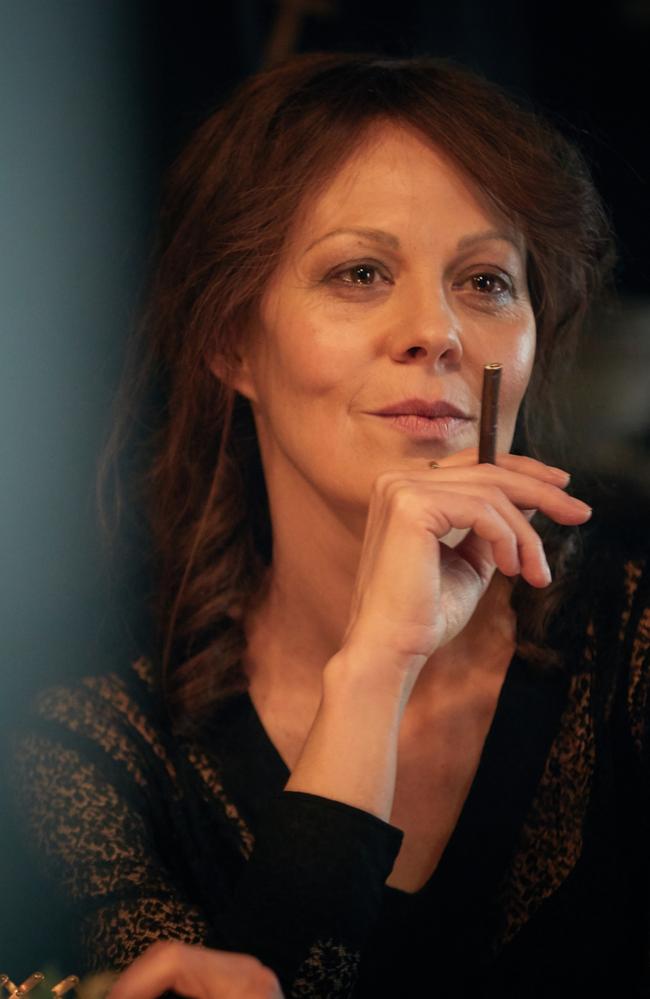
While the historical accuracy of the show has been thrown into question, it dramatises scenarios that are believed to have actually happened such as the series three plot where exiled Russian aristocrats conspired against the Bolsheviks, a plot line Knight said was based on real events in 1924.
The show also refers to local landmarks such as Cannock Chase in Staffordshire, the Bull Ring and Cadbury, established by 22-year-old John Cadbury in 1824 in a small shop at 93 Bull Street. Initially selling tea, coffee, hops and mustard, he developed a range of cocoa and chocolate drinks which were sold in blocks — customers scraped a little off and added hot milk or water.
By 1899, the Cadbury chocolate factory had 2600 employees at its base in Bournville — yep, that’s a real town — now home to popular tourist attraction Cadbury World.
But the Cadbury family were Quakers and certainly would not have approved of the Peaky Blinders with their hard-drinking, womanising and gambling ways.

Aside from being the birthplace of Dairy Milk, Birmingham was also where egg-free custard was first made in 1837 by chemist Alfred Bird, who went on to create the famous brand Bird’s Custard. The Custard Factory in Digbeth is now Birmingham’s answer to Silicon Valley — a creative space that is home to over 500 businesses and hosts artisan fairs, festivals, gigs and art shows.
If you ask any Brummie, the city has always been cool but the glitz and glamour depicted in BBC’s Peaky Blinders has made it just that little bit cooler.
Series Four of Peaky Blinders is being screened now on BBC First, available on Foxtel and Optus Fetch.
Continue the conversation with Rebecca Franks on Twitter | @mrsbecfranks



